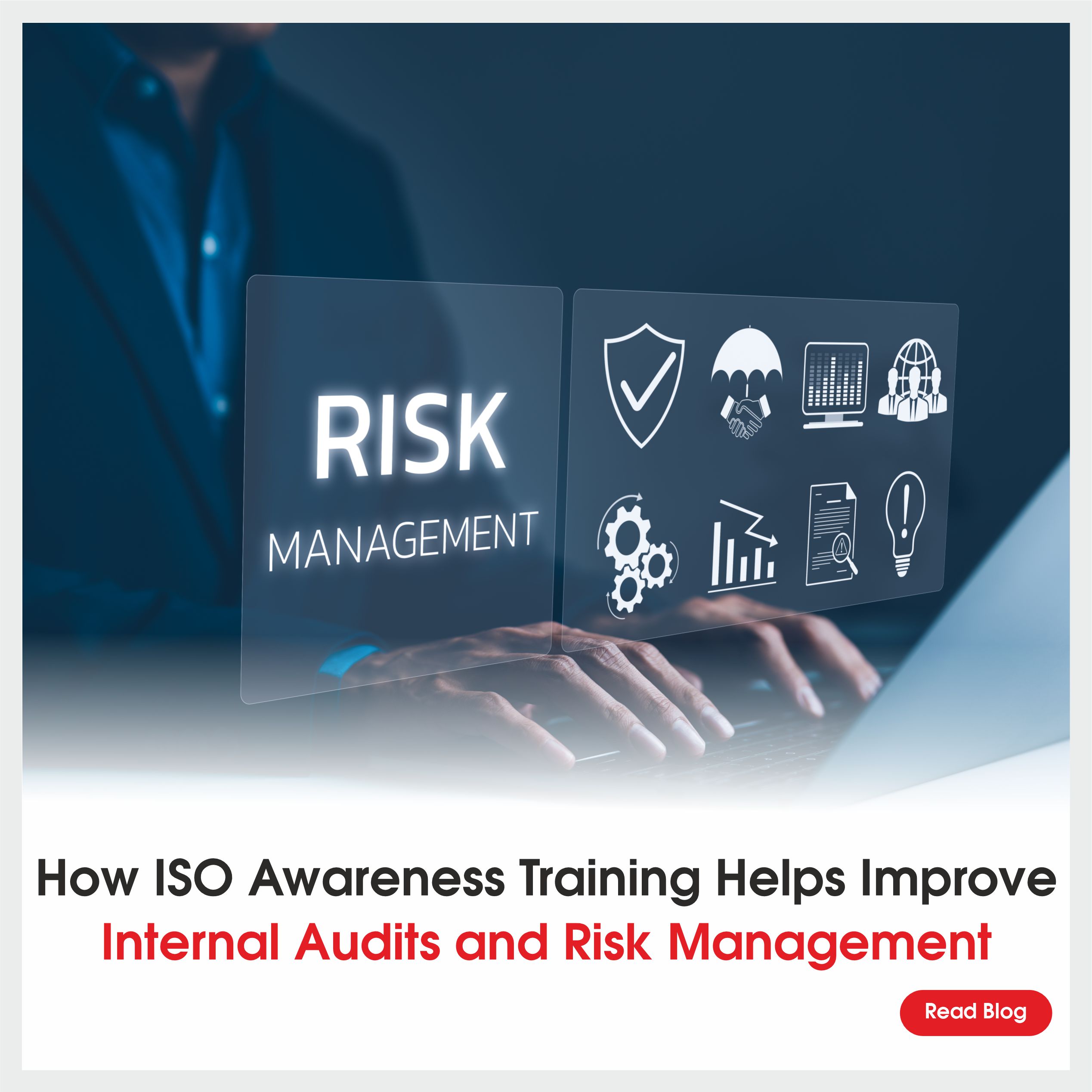A Data Protection Officer is a security leadership role in an enterprise mandated by General Data Protection Regulation. The Data Protection Officer is responsible for reviewing the organization’s compliance with the General Data Protection Regulation (GDPR) as well as the organization’s data protection strategy.
Companies processing a large amount of data that fall in the domain of special categories of personal data and public authorities must appoint a data protection officer to oversee the organization’s data protection strategy.
Who is a Data Protection Officer (DPO)?
The data protection officer supervises the implementation of data protection regulation and data privacy strategy in an organization. The Data Protection Officer fosters the culture of data protection within the company and ensures compliance with General Data Protection Regulation (GDPR).
The appointment of a Data Protection Officer (DPO) does not depend on the size of an organization but depends on the size and scope of the data handling. A DPO directly reports to the highest management level, and General Data Protection Regulation (GDPR) offers Data Protection Officers security from being laid off for doing their job.
Which organizations need a Data Protection Officer?⮯
- Data Subjects
- Data Items
- Length of Data Retention
- Geographic Range of Processing
Role and Responsibilities of DPO in Data Compliance ⮯
- Monitoring compliance with the General Data Protection Regulation (GDPR) – It includes:
- Collecting information to identify processing activities.
- Analysing and evaluating the compliance of processing activities.
- Brief, suggest and publish recommendations.
- Data Protection Impact Assessment (DPIA) – It consists of the following:
- A DPO determines whether or not to conduct a DPIA.
- Selection of methodology to be followed to carry out DPIA.
- Determining whether to conduct in-house DPIA or outsource it.
- Determining controls, including technical and organizational, to protect information and eliminate risks related to the rights and interests of data subjects.
- Prepares the final reports on whether the assessment is correct or not and the organization’s compliance with the GDPR.
- Working in cooperation with the supervisory authority.
- Follows a risk-based approach.
- Record keeping.
- Article 39 outlines the following responsibilities for a Data Protection Officer:
- A DPO educates the organization and its employees regarding the significance of compliance requirements.
- Trains the staff involved in data processing.
- To ensure compliance s/he conducts audits frequently and proactively address potential issues.
- S/He serves as the facilitator between the organization and GDPR supervisory authorities.
- A Data Protection Officer evaluates the performance and provides suggestions on the impacts of the data protection strategy.
- Focuses on maintaining all the records of the activities associated with data processing, including the purpose of the data processing activities (must be made public on request).
- Communicates and informs data subjects on how their data is being used by the organization, aware of their right to have their personal data erased and reviews the measures and controls implemented by the organization to protect the personal information of data subjects.
Qualification Requirements ⮯
There are no specific qualification requirements for Data Protection Officer, but article 37 of General Data Protection Regulation requires a DPO to have expert knowledge of data protection laws and practices. It also requires a DPO to align its activities with the organization’s operations associated with data processing. The following are the pre-requisites to become a Data protection Officer:
- Minimum GCE “O” level or above
- Should have completed the Singapore WSQ “Fundamentals of the Personal Data Protection Act” training by an accredited with a certificate, or equivalent
- Minimum 2 years of work experience with at least 6 months as a Data protection officer
- Submission of at least one write-up on data protection project implementation.
Certification Process ⮯
A Data Protection Officer oversees the organization’s compliance with the General Data Protection Regulation and its data security policy. To become a Certified Data Protection Officer, one has to follow the following procedure:
- Register yourself online
- Submitting your documents and payments
- Preliminary check by the Certification body
- Examination
- Conduction of the interview
- Final review
- Achievement of Certified Data Protection Officer (CDPO) certificate
- Re-certification
Data protection Officers – Checklist ⮯
The checklist for a Data Protection officer is as follows:
- Appointment of a Data Protection Officer
- Position of a Data Protection officer
- Tasks of a Data Protection Officer
- Accessibility of the Data Protection Officer
Why should one go for DPO Training? ⮯
The General Data Protection Regulation (GDPR) mandates an organization to appoint a Data Protection Officer, if it:
- Is a public authority.
- Monitors data subjects regularly and systematically.
- Process special category of data subjects on a large scale.
The DPO (DPO) training helps to turn an individual into a promising asset for an organization. It helps an individual in the following ways:
- Provides expertise and ahow better understanding of data protection laws and enhances the GDPR knowledge of the individual.
- Makes an individual an independent advisor, who plays a significant role in monitoring and directing the organization to successfully implement data protection practices.
- Prepares the organization for disasters and unprecedented events such as data theft and data breaches.




